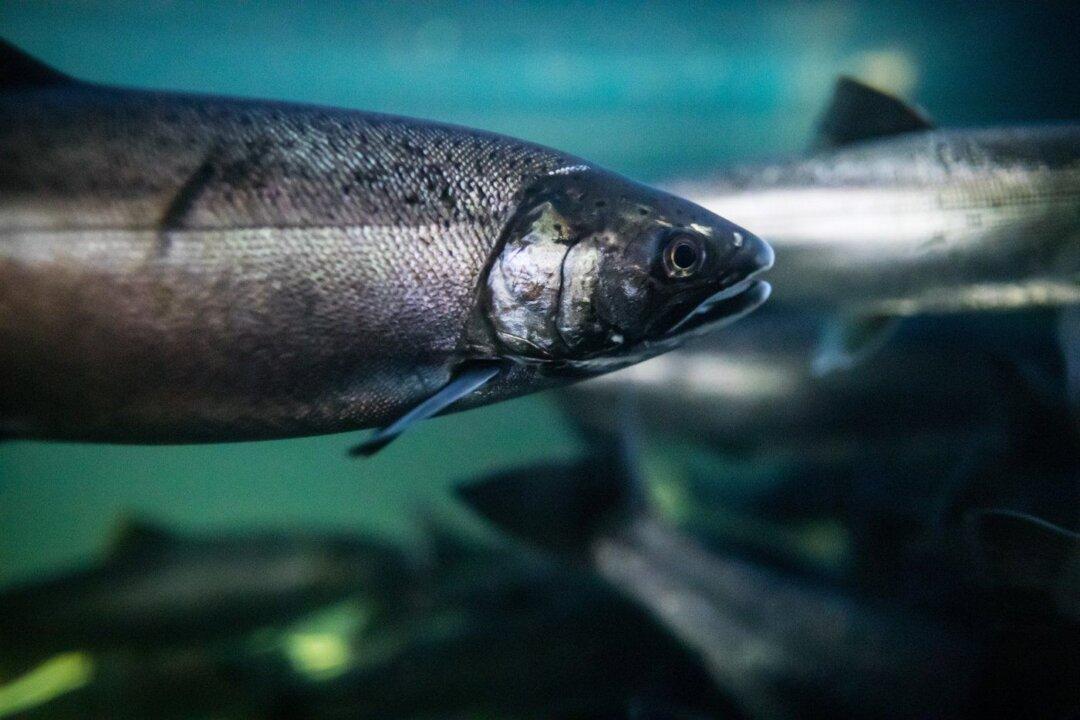A private members bill has done what the NSW government last year refused to do—outlaw “cruel experiments” on animals. The law will make it illegal to subject animal test subjects to practices such as forcing them to swim or inhale smoke.
The bill, introduced by Animal Justice Party MP Emma Hurst, passed in the NSW parliament’s upper house on Wednesday, Feb. 7. Ms. Hurst said she'd worked closely with Premier Chris Minns and Agriculture Minister Tara Moriarty to ensure a sensible policy was implemented.





